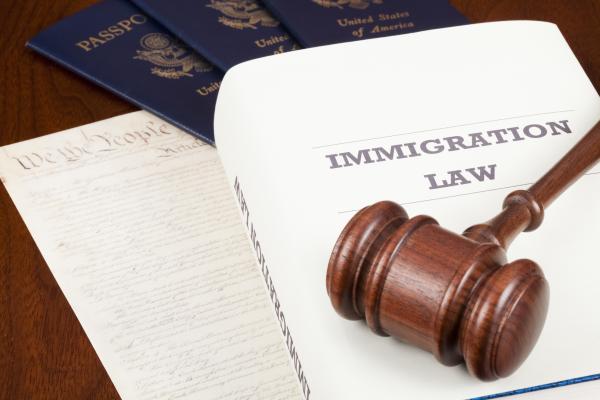Five year-old Tony Amorim sat with his dad in a van in Danbury, Conn., in 1989.
“Do you want to come with me,” his father asked him, “or do you want to stay with your mother?”
Tony loved them both, but the boy couldn’t imagine living without his father.
“I want to go with you,” Tony answered.
Right then and there Tony’s father drove away and took him to the far-away land of Florida.
Last week, I interviewed Tony, now 28, on the phone. I couldn’t call him directly because he is in Norfolk County Correctional Center awaiting his deportation hearing scheduled for today.
Tony’s voice was tight. He was eager to share his story — his whole story.
On the face of it, his case is simple. According to a Notice to Appear, issued to him by the Department of Homeland Security, Tony is a native and citizen of Brazil who entered the U.S. through Orlando, Fla., on a Nonimmigrant Visitor for Pleasure Visa in 1985. In 1995, Tony was granted Lawful Permanent Resident status by an immigration judge. He was 11 years old. In 2004 he was arrested and convicted for possession of narcotics. Four years later he was arrested and convicted again for possession of narcotics with intent to sell and for possession of a pistol.
It sounds like Tony is the poster child for the kind of person who should be deported: two felony convictions and possession of a gun. But you haven’t heard the whole story.
Read the Full Article

